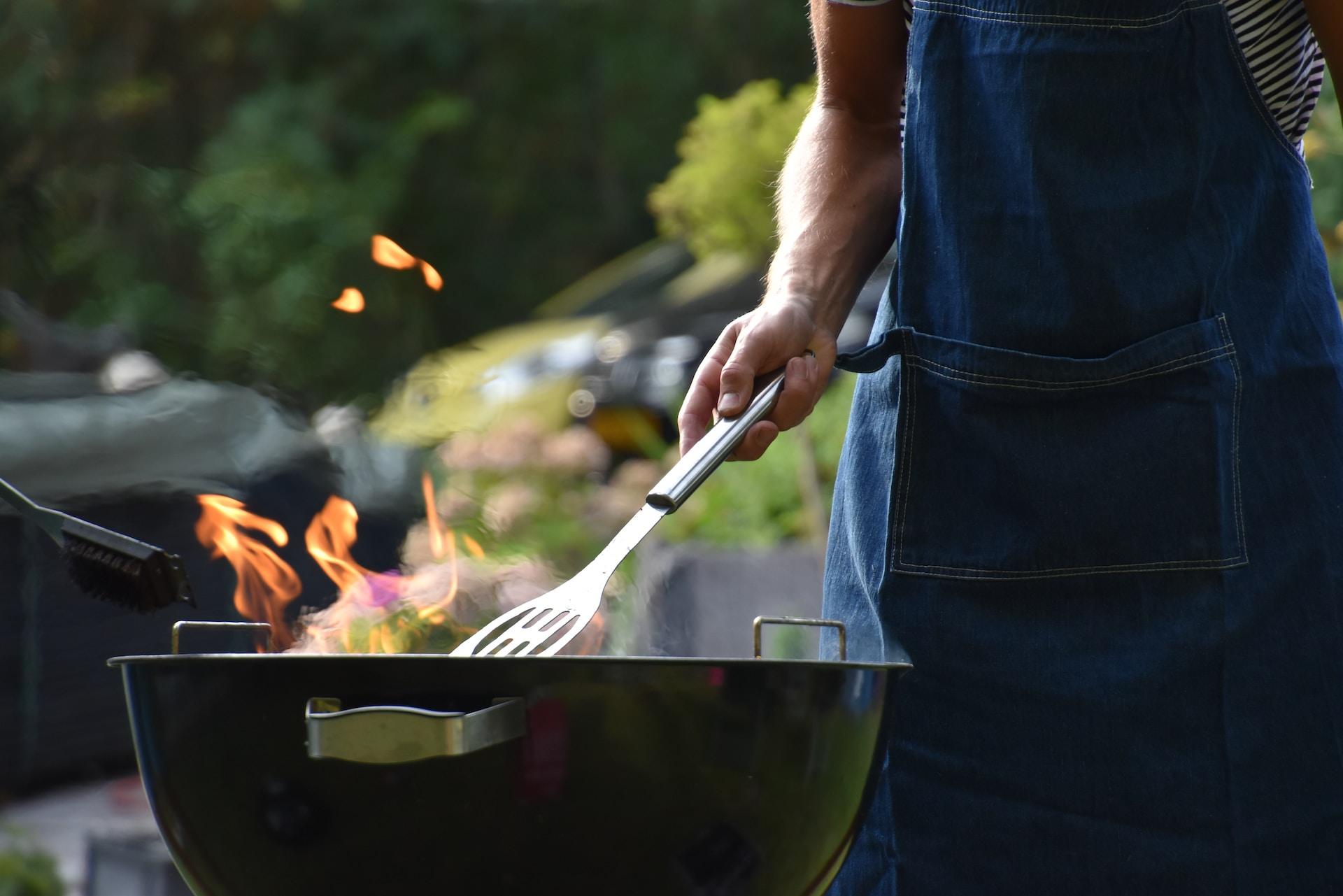Table of Contents
Picture this… you’ve got a shiny new BBQ grill and naturally, you want to keep it in tip-top condition. So, you buy a cover. A cover shields your grill from the harsh elements, insect nests and children’s frisbees your way. Seems logical.
But some grill aficionados argue that covers can cause more trouble than the good they do. They claim that covers can trap moisture, which over time leads to rust and corrosion.
There are plenty of grill-lovers who swear by covers. A good cover protects your grill from rain, snow and the scorching sun’s UV rays. Covers also prevent the buildup of dust, pollen and other debris that can turn your grill into a mess.
The decision to cover or not to cover depends on your grilling style. Consider your climate, BBQ habits and the overall condition of your grill. If you live in an area with unpredictable weather or you’re not a frequent griller, a cover might be perfect. But if you live in a warm climate or use your grill religiously, a cover might not be necessary.
Regardless of whether you use a cover or not regular cleaning, inside and out, keeps your grill in top-notch shape.
If you do decide to have a cover, it’s best not to keep it on all year round. Allow your BBQ to breathe.
What Makes a Good Cover Material?
If you‘ve got a cheap charcoal barbecue, you might not be too fussed. But if you’ve paid a lot of money for a good gas BBQ, you’ll want to keep it well looked after.
When it comes to choosing the right material for your BBQ cover, there are a few options.
Vinyl covers are a common choice. They are durable, water-resistant, and provide good protection against the elements. Look for covers made from heavy-duty vinyl that can withstand UV rays, moisture and harsh weather conditions. These covers are often easy to clean and can last for a long time.
Another popular material for BBQ covers is polyester. It is lightweight, easy to handle and offers decent weather resistance. Look for covers with a high denier rating, which indicates a stronger and more durable fabric. And generally, the higher the rating the better the weather resistance.
Some polyester covers might need treating, however. This is to enhance and maintain water resistance and to provide added protection against fading and tearing.
Canvas is a heavy-duty woven fabric that also provides excellent durability and protection for your grill. It’s like a tent for your grill. And one of the advantages of canvas covers is their breathability. Canvas allows air circulation, preventing moisture buildup and reducing the risk of mould and mildew. This is especially important if you live in an area with high humidity.
However, the thickness and quality of the canvas can vary, so it’s a good idea to look for good quality covers made from heavy-duty canvas.
Canvas covers are generally water-resistant to some extent, but they may not be completely waterproof. If you expect heavy rain or snow, you might want to consider using an additional waterproof layer, such as a tarp or plastic sheet, underneath the canvas cover for extra protection. That’s why tents have a rain sheet.
Keep in mind too that canvas covers may require more maintenance than other materials. Like with polyester, canvas covers might need occasional treatment with waterproofing products or fabric protectors to maintain their water resistance and prolong their lifespan.
Regular cleaning is also recommended to prevent dirt buildup and maintain your cover’s appearance.
Breathability
No matter which material you choose, it’s essential to ensure that the cover is breathable. This helps prevent moisture from getting trapped inside, which can lead to mould and mildew growth. The debate over whether or not to use a cover stems largely from the cover’s potential to trap moisture, which over time promotes rusting.
Having a breathable cover makes life easier, but this can come at the expense of water resistance. A good option is to choose a cover with air vents, which in theory will allow air to circulate around your grill and prevent damaging moisture build up.
Also get a cover with reinforced seams to prevent splitting in the harsher weather. Equally you’ll want strong, secure fastenings to keep everything in place when it’s windy.
If you can, bring your grill inside when possible and you’re not using it.





